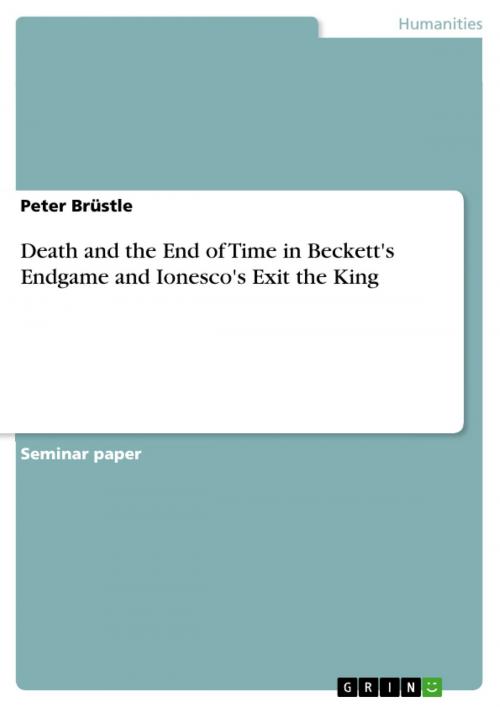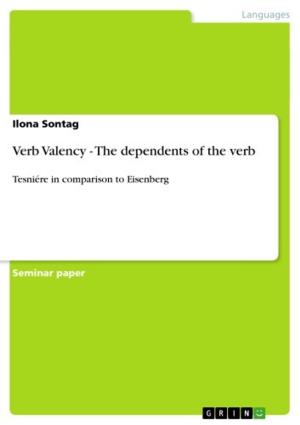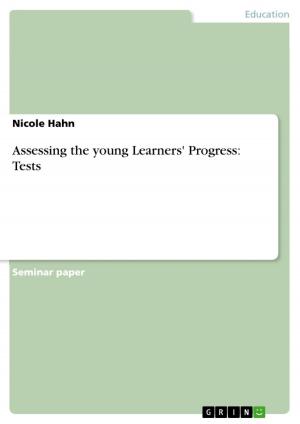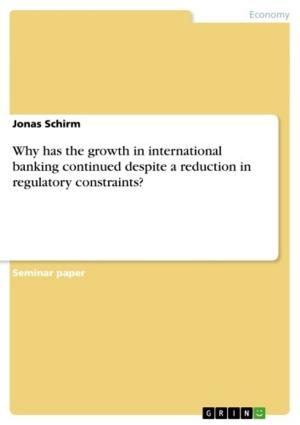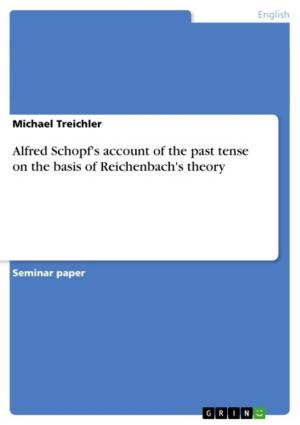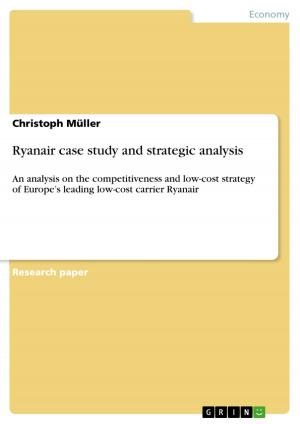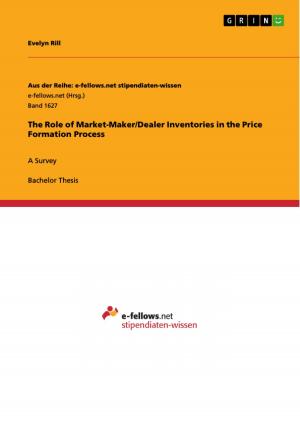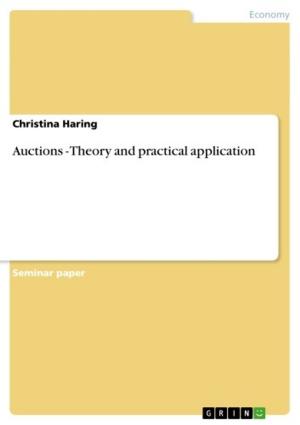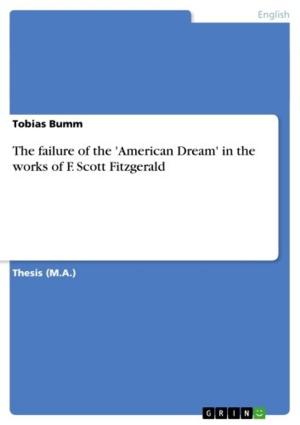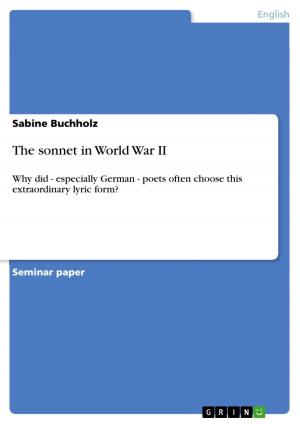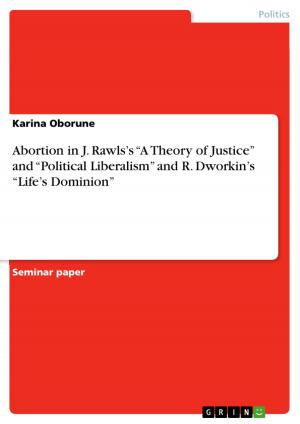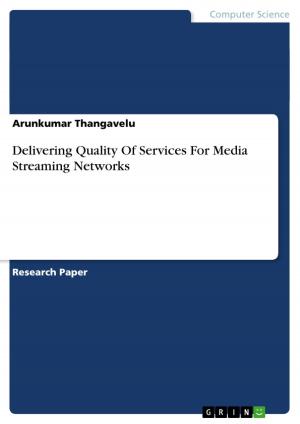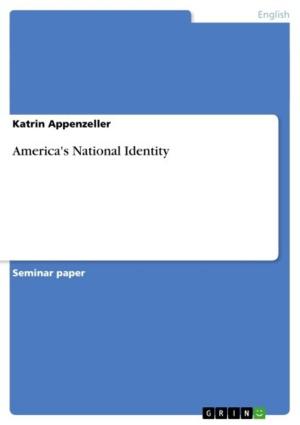Death and the End of Time in Beckett's Endgame and Ionesco's Exit the King
Nonfiction, Entertainment, Theatre, Performing Arts| Author: | Peter Brüstle | ISBN: | 9783638332729 |
| Publisher: | GRIN Publishing | Publication: | December 17, 2004 |
| Imprint: | GRIN Publishing | Language: | English |
| Author: | Peter Brüstle |
| ISBN: | 9783638332729 |
| Publisher: | GRIN Publishing |
| Publication: | December 17, 2004 |
| Imprint: | GRIN Publishing |
| Language: | English |
Seminar paper from the year 2003 in the subject Theater Studies, Dance, grade: A, University of British Columbia (Theatre Dept.), course: Seminar, 7 entries in the bibliography, language: English, abstract: Endgame (Fin de Partie) and Exit the King (Le Roi se Meurt) - two plays about fallen kings trapped at the end of time and unable to give meaning to existence. While Hamm and Clov are desperately waiting for death as the only way out of an eternal cycle of routine, King Bérenger has 'an hour and a half' left to let go of life and learn to accept mortality. Confronted with a world that is slowly fading into silence and 'immateriality', both Hamm, Clov and Bérenger become aware of the absurdity of life and have to face the impossibility to give meaning to existence. Both Beckett and Ionesco make use of similar devices to describe this dilemma, yet the two plays raise different questions about being and offer different solutions - if at all.
Seminar paper from the year 2003 in the subject Theater Studies, Dance, grade: A, University of British Columbia (Theatre Dept.), course: Seminar, 7 entries in the bibliography, language: English, abstract: Endgame (Fin de Partie) and Exit the King (Le Roi se Meurt) - two plays about fallen kings trapped at the end of time and unable to give meaning to existence. While Hamm and Clov are desperately waiting for death as the only way out of an eternal cycle of routine, King Bérenger has 'an hour and a half' left to let go of life and learn to accept mortality. Confronted with a world that is slowly fading into silence and 'immateriality', both Hamm, Clov and Bérenger become aware of the absurdity of life and have to face the impossibility to give meaning to existence. Both Beckett and Ionesco make use of similar devices to describe this dilemma, yet the two plays raise different questions about being and offer different solutions - if at all.
